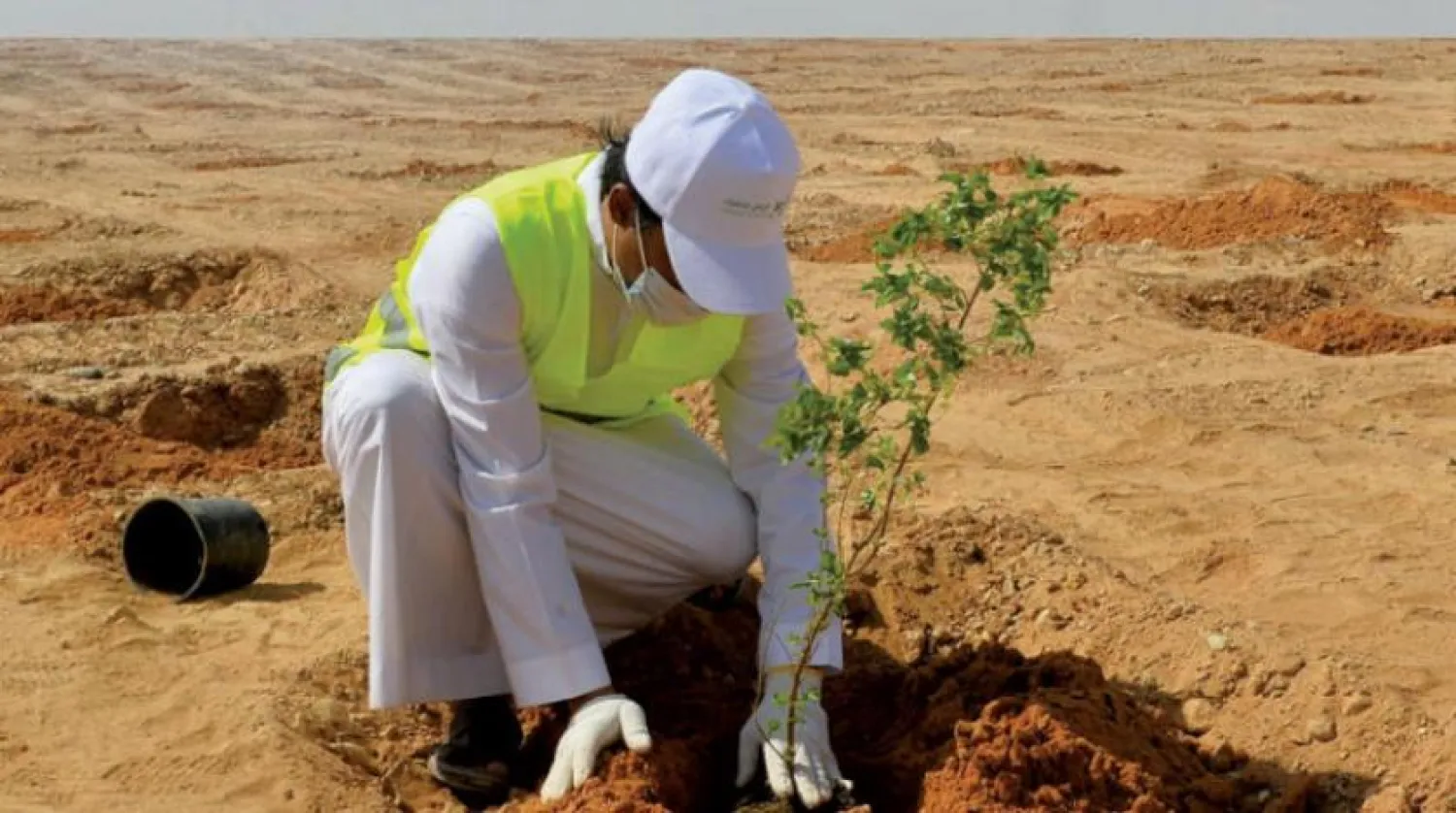Saudi Arabia revealed on Tuesday an international trend to draw a green roadmap aimed at pushing efforts towards preserving the environment and supporting climate protection, through the establishment of the Green Saudi Initiative Forum, which will convene later this month in Riyadh.
The international forum will be held on Oct. 23-25, in the presence of regional and international stakeholders, to announce a roadmap aimed at achieving the goals of the Green Saudi Initiative, and launching innovative solutions to address climate change.
In March, Saudi Crown Prince Mohammed bin Salman announced the Green Saudi Initiative and the Green Middle East, stressing that they will both seek to protect land and nature and make a huge contribution to achieving global targets.
The forum will highlight the Green Youth Summit, a platform to raise awareness on the importance of environmental issues and develop policies to address them. Participants will seek to shape the future of climate action in a framework of interactive activities and intense discussions.
The Forum will be attended by Minister of Energy, the Minister of Environment, Water and Agriculture, the Governor of the Public Investment Fund, the President of NEOM, and the CEO of the Royal Commission for Riyadh City, along with international and regional experts and global leaders, who will discuss the Green Middle East Initiative and the upcoming steps to meet common environmental obligations.
According to official information, the forum will discuss the oceans, atmosphere, space, waterfront, species and ecosystems, in addition to the presentation of a study on the circular bioeconomy.
The Green Saudi Initiative aims to reduce carbon emissions by more than 4% of global contributions, through renewable energy projects that will provide 50% of electricity production inside the Kingdom by 2030 and projects in the field of clean hydrocarbon technologies that will erase more than 130 million tons of carbon emissions, in addition to raising the rate of diversion of waste from landfills to 94%.









